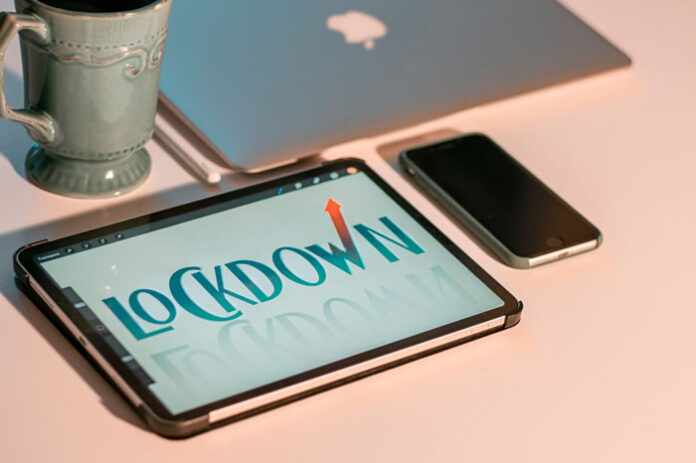On March 4, 2020, I had a plan. It was my first morning as CEO of PatientKeeper, a Massachusetts-based EHR optimization software company, and I was excited and energized. I knew exactly how my first 100 days at the helm would go: I’d be announced at HIMSS20 in Orlando; meet each member of my new team in our Waltham headquarters office; visit customers around the country; and strategize our go-forward plan with key leaders at our parent company, HCA Healthcare, in Nashville. This is truly lessons for business leaders.
Learning to pivot on a dime
Then came the COVID-19 pandemic, and my plan got blown up. Within two weeks of starting the job, HIMSS20 was cancelled, much of the economy shut down, fear had gripped the industry, and financial risk was pervasive. My first meeting with my new senior leadership team focused on how to expeditiously shut down our 200-person office and smoothly switch to 100% remote work. Our company’s situation certainly was not unique – nearly every organization that could “go virtual” did so – but mine was. After all, I had barely set foot in the office before I was forced to close it. And I had to communicate all these changes to an employee population that barely knew me, let alone trusted me. Truly, these are my lessons for business leaders.
Just as significantly, we had to respond quickly to conditions our customers – physicians and other healthcare providers across North America — faced as a result of the pandemic. We took seconds, minutes, and hours to make decisions that in my prior experience would normally have taken days, weeks, and months. We delivered timely new products and services, like COVID-19 lab result notifications to physicians’ mobile phones, so they could provide patient care-in-the-moment. We executed with empathy for our customers and employees. We communicated consistently, both internally and externally, while always focusing on action, to create an environment where our employees could perform the best work of their lives despite the unusual and unsettled conditions.
Changing the status quo
As a brand new, first-time CEO, this trial-by-fire experience in leading through a crisis taught me a lot and gave me much to reflect on. Most notably, the responsibility of a healthcare executive (and any leader, for that matter) appears to have fundamentally changed. We may have defined ourselves at one time as decision-makers or problem-solvers or communicators or as those that hired and encouraged employees. Going forward, I propose that we must, first and foremost, be activators. We must personally act and execute with a sense of urgency and surround ourselves with others that value velocity and are capable of delivering results at ”COVID speed”, even once the pandemic is history. These are impactful lessons for business leaders.
We must reject old norms such as long, bureaucratic and time-consuming presentations, workshops, and layers of approval required to make decisions. We must drive execution and results based on hypotheses motivated by doing what is right for the patients, providers, and other constituents we serve, without necessarily having the full financial and operational analyses blessed, baked, summarized, and socialized. And we must accept rapid transformation – and the potential for failure that comes with it – as the norm.
Less operational, but equally important, are three other perspectives from my first 10 months as a CEO lived under crisis conditions, and lessons for business leaders:
- Care like family. To me, this means fighting for your employees – your work “family” – even harder amidst adversity. That’s when and how strong and lasting relationships get built.
- Embrace the rollercoaster. Success is definitely not a straight line. Realize that when things are bad, they will get better; and when things are great, adversity could suddenly emerge when you least expect it. Relationships and support will indeed help you through the tough times.
- There’s no such thing as a perfect plan. Planning is important, but the unexpected is inevitable. You must as a leader be ready to react to a situation, ideally by anticipating failure and having a roll-back plan. Embrace these lessons for business leaders.
Imagine a world where we attack other pressing problems – poverty, mental health, cancer, obesity, gun violence, climate change, and drug addiction, to name a few – with the same speed, resources, and urgency as we are the current COVID pandemic. I can! And I believe the new post-pandemic responsibility of any leader will be to serve as an activator, driving velocity and a sense of urgency as our pre-eminent responsibility.
In other words, plans are great – but having the courage, wits and agility to change them on a dime is better – lessons for business leaders.















